Virtual follow-up clinic for patients following high dose radiotherapy (HDRT) for lung cancer
Category: Treatment
The problem identified
In the Edinburgh Cancer Centre, patients with lung cancer who undergo high dose radiotherapy with or without chemotherapy are reviewed weekly during treatment and followed up in clinic 4-6 weeks later. In that 4-6 week period some patients may struggle with side effects of treatment and anecdotally, the lung cancer team felt that some patients did not seek help during this time. It is widely recognised that patients feel isolated following an intense period of contact with healthcare professionals at a time when they are dealing with significant toxicities from complex treatment and that toxicity associated with treatment can adversely affect quality of life (Bulsara 2004). Anecdotally, the lung cancer team felt that some patients struggled with side effects of their treatment but did not seek help during this time.
The intervention made to change the problem
During treatment, patients are reviewed and assessed by a radiotherapy nurse on a weekly basis and toxicities from treatment are graded using the Common Toxicity Criteria version 4.0 (National Cancer Institute 2010). On completion of HDRT all patients are directed by the radiotherapy team to make an appointment for the virtual clinic. To improve continuity the same proforma used by the radiotherapy nurse is used by the lung CNS team. The team phones patients on a weekly basis offering assessment of toxicities, support and reassurance for approximately 4 weeks depending on toxicity or longer if deemed necessary by the nurse. Other interventions can include referral to GPs in a timely fashion, administrative issues around appointments, other agencies such as rehabilitation or arranging admission if required. At the end of the review period a letter is generated to the GP detailing toxicities and any nursing interventions.
How it changed my practice
By supporting patients to anticipate and pre-empt problems you empower them to take a more active role in the management of their care (Hibbard et al 2006). Patients are now offered advice and support during a time when they may feel "cast adrift". Continuity of care has improved and patients like the regular contact by the hospital. In addition, liaison between the tertiary and primary services has improved. An audit of this initiative has shown that the lung cancer nursing team has provided an effective service to this group of patients and their service is now embedded in practice. As this intervention has been so successful, we now include patients undergoing high dose palliative radiotherapy. In the last couple of years one of the radiographers has joined our team and helps us with the telephone review. We benefit as a team learning more about radiotherapy as does he in his professional development.
References
Bulsara C.,WardA., Joske D.(2004). Haematological Cancer Patients:Achieving a sense of empowerment by using strategies to control illness. Journal of Clinical Nursing 13 251-258. Hibbard JH.Mahoney ER., Stockard J.&Tusler M.(2005). Development &Testing of a Short Form of the PatientActivation Measure. Health Services Research 40 (6) 1918-1930. National Cancer Institute (2010). Common Toxicity CriteriaVersion 4. NCI Division of Cancer Treatment.
